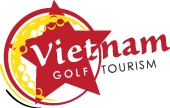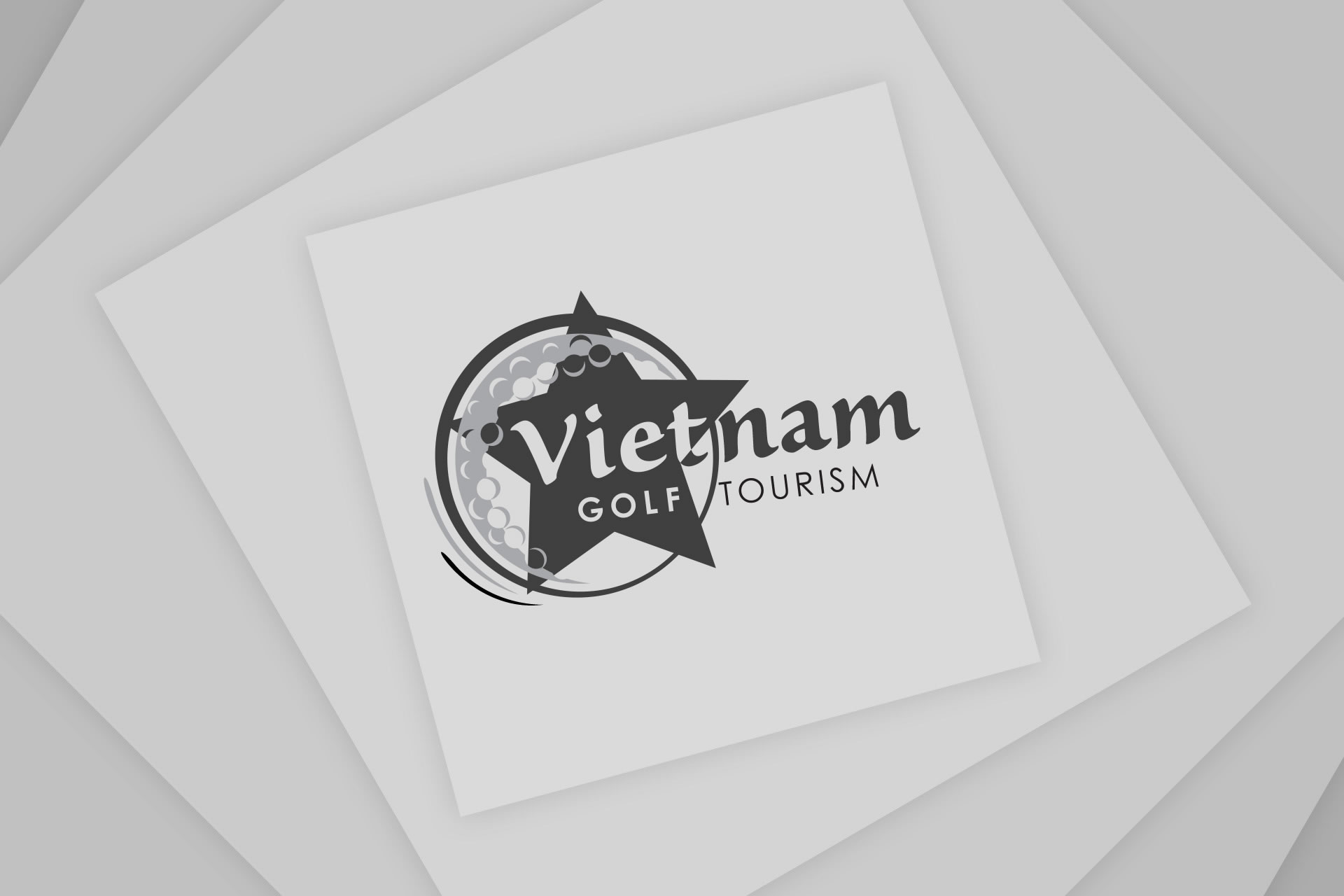Vietnam is making significant strides to enhance its tourism appeal and competitiveness by extending its e-visa system and introducing new visa exemptions. As part of this effort, travelers from key markets including China, South Korea, Poland, Czech Republic, Switzerland, India, and other global destinations stand to benefit. The extended e-visa validity, which now allows for up to 90 days of stay, along with streamlined visa processes, aims to make travel to Vietnam easier and more accessible. These reforms are expected to boost tourism by attracting a broader range of international visitors, driving economic growth, and reinforcing Vietnam’s position as a competitive destination in the global tourism landscape.
Currently, Vietnam provides bilateral visa exemptions to citizens of 15 countries and unilaterally waives visa requirements for citizens of 12 additional countries. According to Government Resolution No. 44/NQ-CP, these exemptions will continue until March 14, 2028. Visitors from these nations will be permitted to stay for up to 45 days, regardless of their passport type or the purpose of their visit.
A major step forward in Vietnam’s visa reforms is the amendment of the Law on Exit and Entry of Vietnamese Citizens, which will be implemented on August 15, 2023. One key change is the extension of the e-visa validity from 30 to 90 days. This new provision will allow for both single and multiple entries, simplifying travel for international visitors. Importantly, the e-visa will now be available to all foreign nationals, significantly broadening the pool of eligible travelers.
Phu Quoc Island, located off the coast of Kien Giang province, has also been included in the government’s visa policy enhancements. Tourists who remain on the island can stay for up to 30 days without needing a visa, making it a more attractive destination for international visitors.
In an additional effort to stimulate tourism, Vietnam introduced Resolution No. 11/NQ-CP, which provides conditional visa exemptions for nationals from Poland, the Czech Republic, and Switzerland. Under this policy, visitors from these countries will be able to stay for up to 45 days without a visa if they book through licensed Vietnamese travel agencies. This policy is set to be in effect from March 1 to December 31, 2025, as part of the broader 2025 tourism stimulus program.
To ensure long-term success, Vietnam is focusing on digital transformation and modernizing its tourism promotion strategy. The government is leveraging technology to reach a global audience by utilizing AI, big data, and popular digital platforms like Google, Facebook, TikTok, and influencers (KOLs). These digital efforts aim to boost the country’s international profile and position Vietnam as a safe, welcoming, and high-quality destination.
A comprehensive communication strategy will target key international markets, including Northeast Asia (China and South Korea), Western Europe, the United States, Australia, and emerging markets like India. Vietnam is also seeking to attract specific niche segments, such as wellness tourism, golf tourism, MICE (meetings, incentives, conferences, and exhibitions), and river tourism, all of which are expected to attract higher-value tourists.
Alongside digital efforts, the Vietnamese government is exploring the creation of tourism promotion offices in priority markets to build stronger connections with foreign travel agencies and partners. This will increase direct engagement and improve Vietnam’s visibility in global tourism markets.
Regional cooperation is also a central component of Vietnam’s strategy. The country is actively participating in ASEAN and Mekong sub-regional initiatives to strengthen ties with neighboring nations and enhance tourism collaboration. In addition, Vietnam plans to partner with airlines, media outlets, and private enterprises to coordinate joint marketing campaigns, increasing the country’s presence in international travel.
Vietnam has also planned several high-profile events in 2025 to promote its tourism industry. These include National Tourism Year, as well as participation in international trade fairs like ITB Berlin and WTM London. Additionally, roadshows will be held in key markets across Europe, Northeast Asia, Australia, India, and North America. These events will serve as key opportunities to boost Vietnam’s global profile as a premier travel destination.
Vietnam’s renewed visa policies, coupled with its focus on digital marketing and international cooperation, are set to make the country a more competitive destination in the tourism sector. By enhancing accessibility, targeting niche markets, and strengthening its digital presence, Vietnam is positioning itself for sustained growth in its tourism industry, aiming to become a leading destination in Southeast Asia.
The post China, South Korea, Poland, Czech Republic, Switzerland, India, and Other Global Travelers to Gain from Vietnam Extended E-Visa System, New Exemptions, and Efforts to Increase Tourism Competitiveness appeared first on Travel And Tour World.
The article "China, South Korea, Poland, Czech Republic, Switzerland, India, and Other Global Travelers to Gain from Vietnam Extended E-Visa System, New Exemptions, and Efforts to Increase Tourism Competitiveness" was originally published on https://www.travelandtourworld.com/news/article/china-south-korea-poland-czech-republic-switzerland-india-and-other-global-travelers-to-gain-from-vietnam-extended-e-visa-system-new-exemptions-and-efforts-to-increase-tourism-competitiveness/





